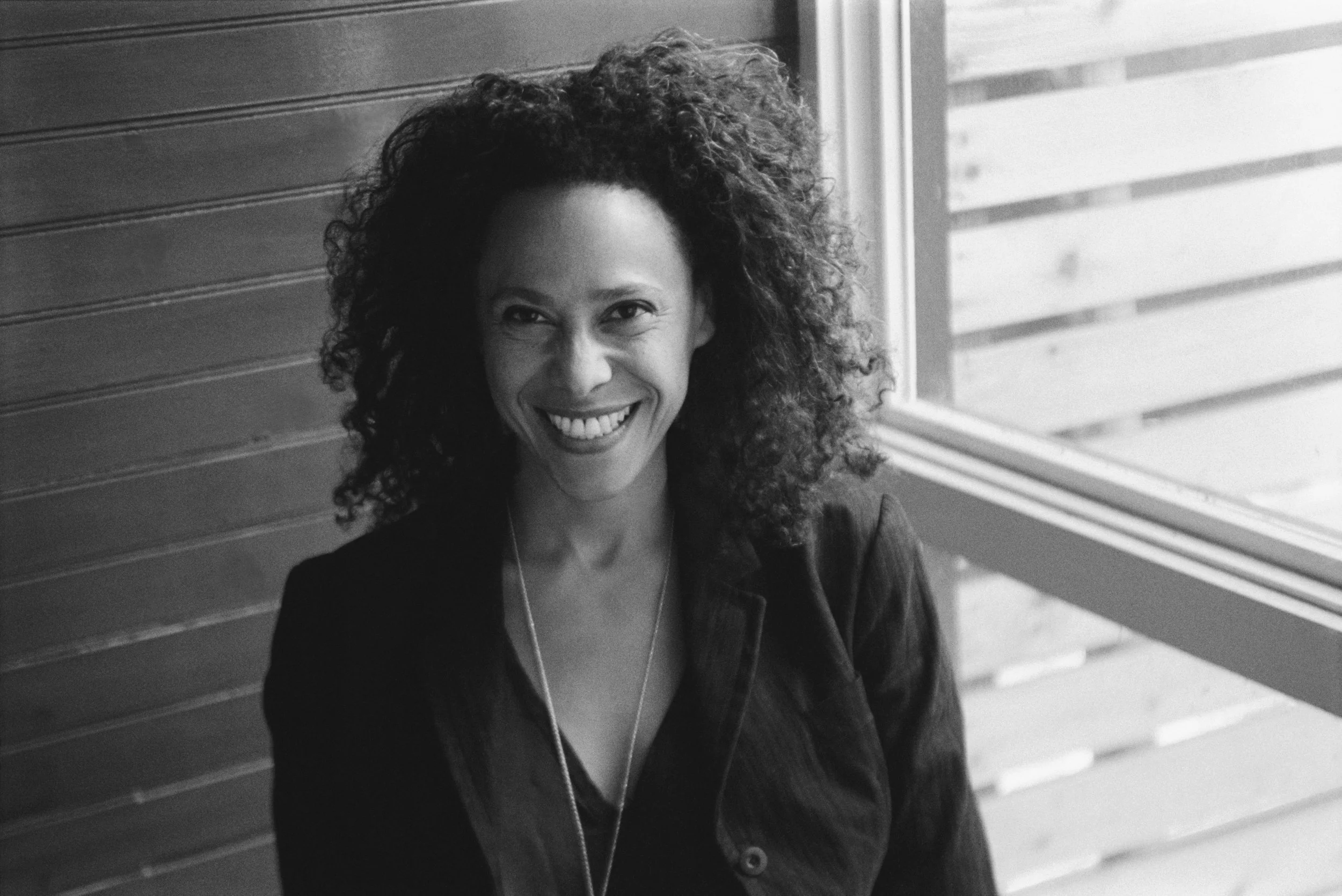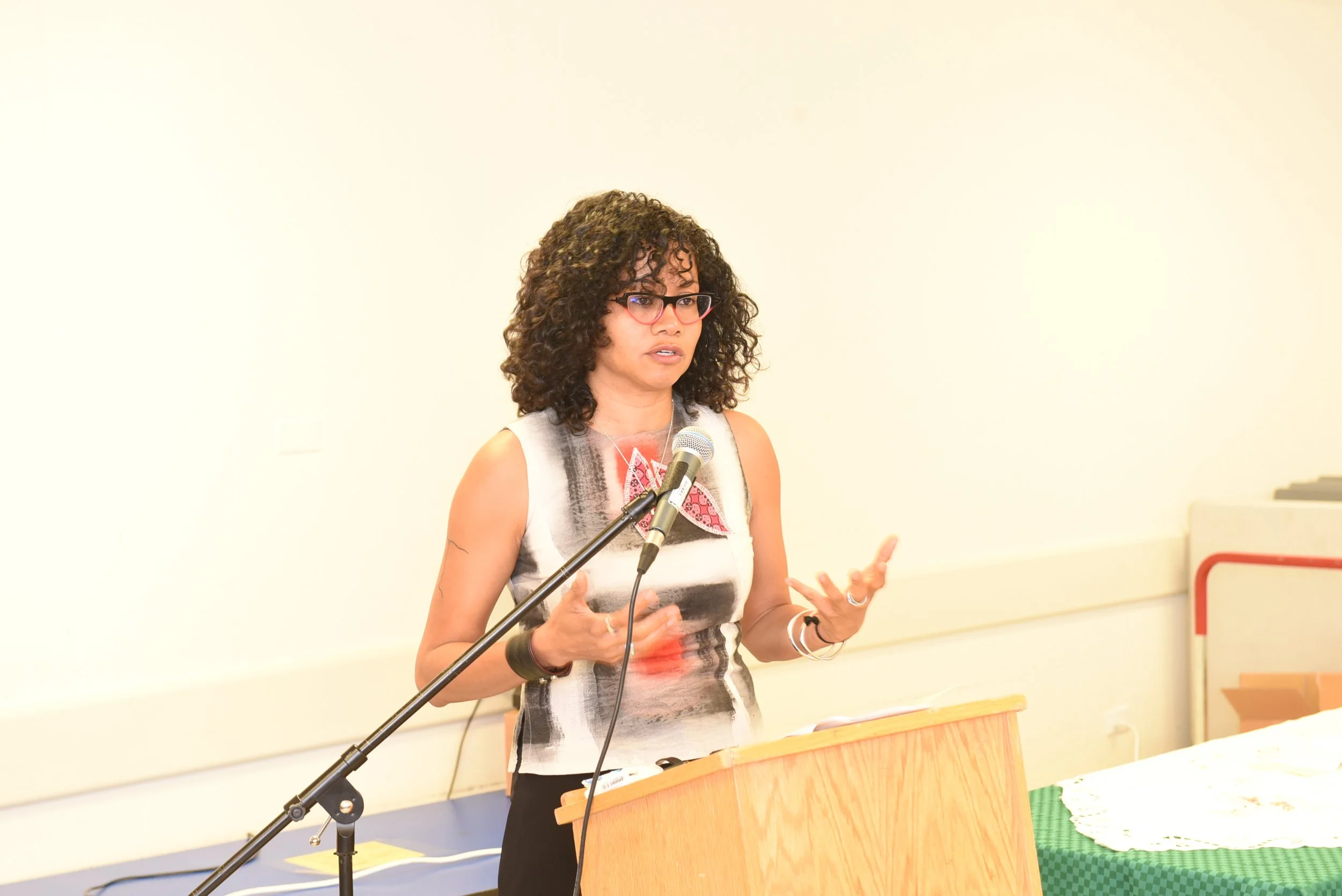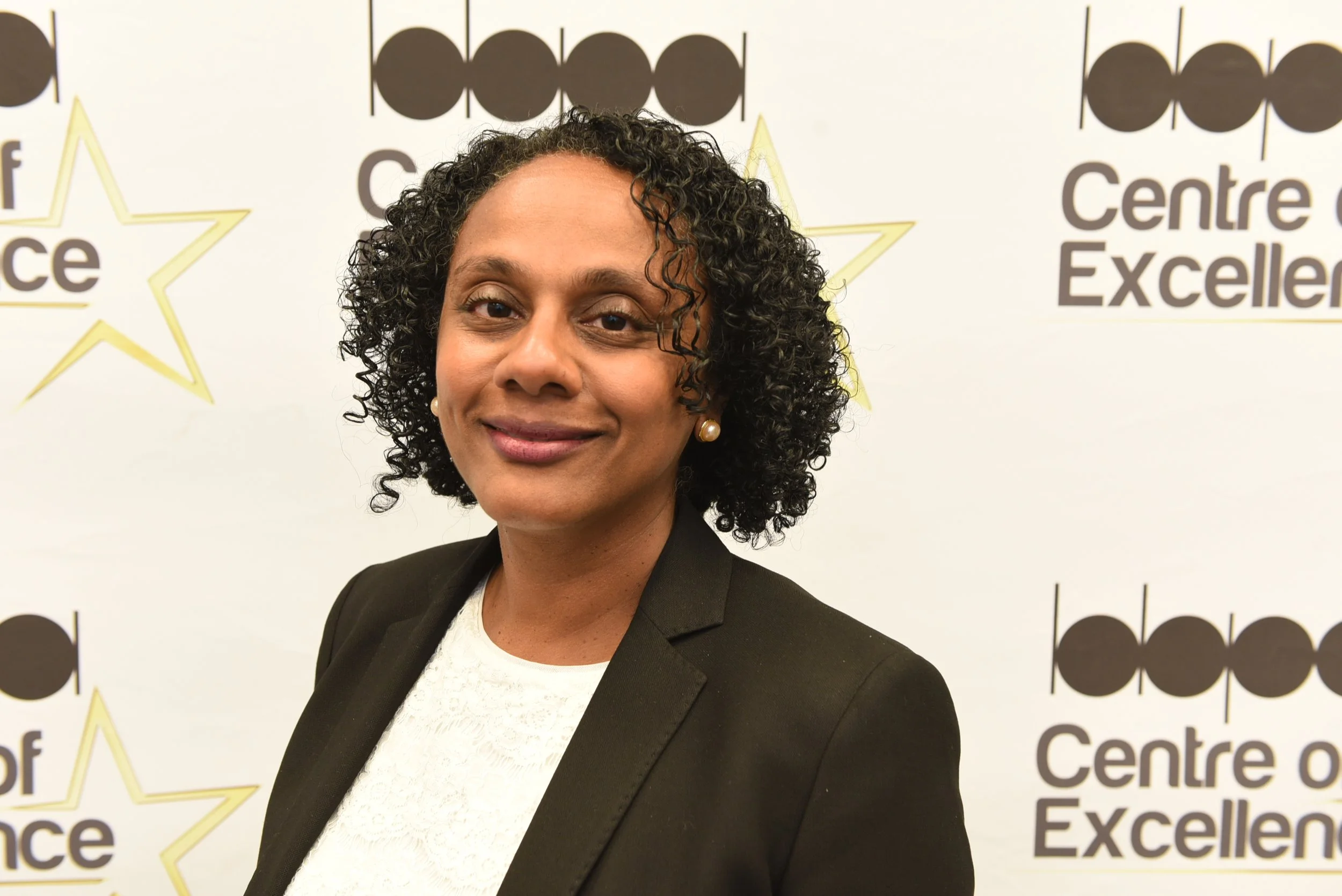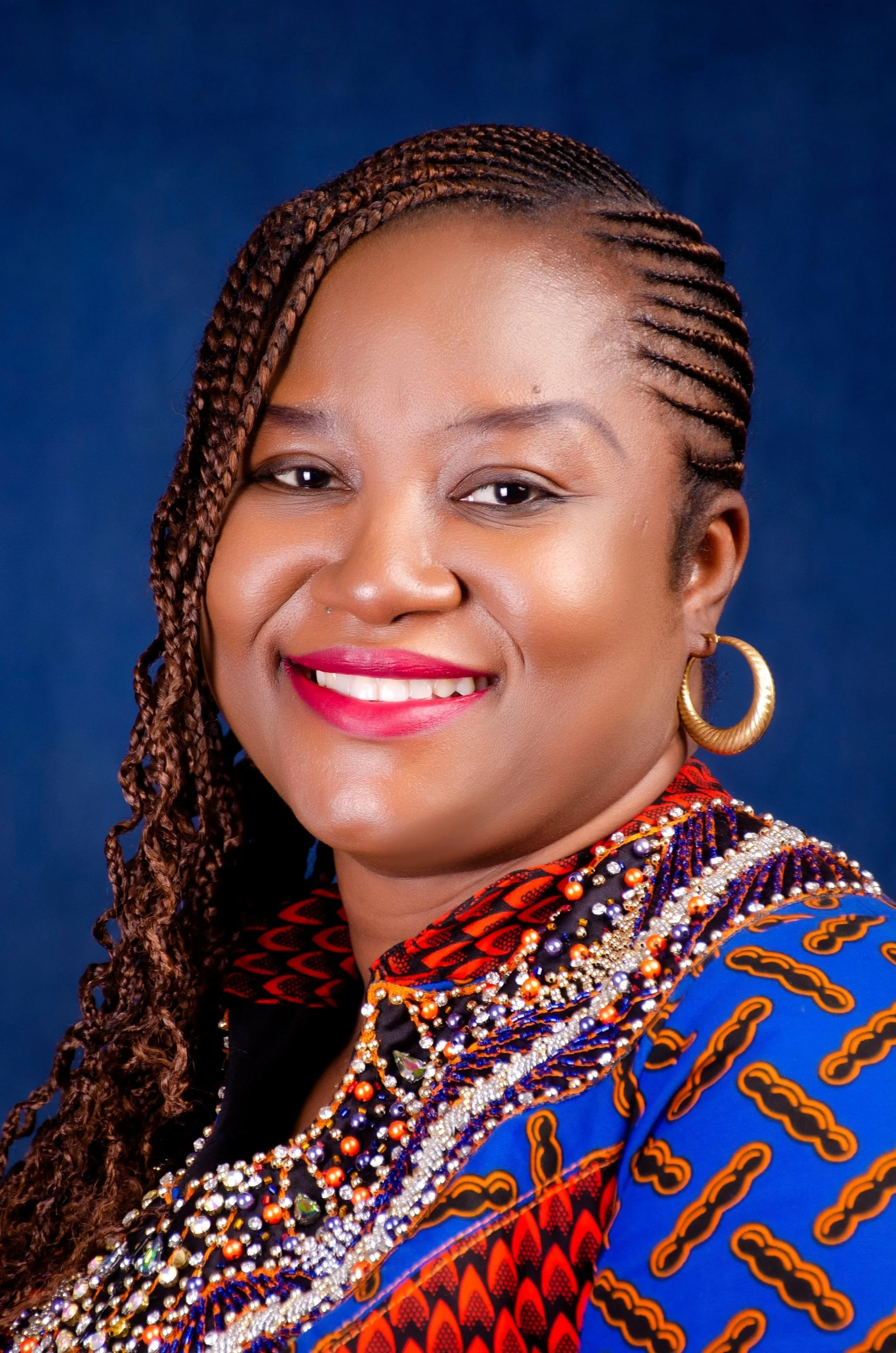Black Research Network set up at U of T to promote excellence and enhance research capacity
November 3, 2021
When Maydianne Andrade joined the University of Toronto Department of Biological Sciences in the summer of 2000, she had no idea she would be among a handful of Black scientists working in fundamental research.
Not much has changed in the last two decades at U of T and other Canadian institutions.
“While Black academics are under-represented among faculty in general, this is even more acute in the Sciences,” said the Jamaican-born Canadian Black Scientists Network President at the virtual launch of the U of T Black Research Network (BRN) on October 8. “There’s likely to be many reasons for that, but it’s clear to me that the BRN will help with most of them, not just at U of T, but nationally.”
Why is there a paucity of Black academics in the sciences?
“One issue is that in comparison with other fields where expertise can be acquired through a wide range of paths, knowledge in the sciences is traditionally built through fairly linear ladders of learning and practice,” said Andrade who was a TV Ontario Best Lecturer finalist in 2006. “Missing even one of these rungs can make it very challenging to make it to the top. We know that we change those outcomes through mentorship, sponsorship, innovative approaches to research funding and advising through others who understand the challenges that come with Black identity in our current structure. The BRN can provide all of that.”
Research shows, added Andrade, that exposure to even one Black scientist can change a young person’s thinking about what’s possible in the future.
“It is sad that currently most of our students are graduating without exposure to even that one Black role model,” the former Vice-Dean, Faculty Affairs & Equity pointed out. “The BRN will highlight role models that can inspire Black youths and, almost as important, normalize Black scientists and researchers for all Canadians. Right now, there are simply not enough Black scientists to do that alone in fundamental research.”
The first of its kind at U of T and possibly Canada, the BRN was established to promote Black excellence and enhance the research capacity of Black scholars within the university and globally.
“This includes increasing the visibility of Black scholars research accomplishments by sustaining a cross-divisional inter-disciplinary network of Black scholars across the tri-campus and facilitating robust research engagement across the University of Toronto and internationally,” said the BRN Director Beth Coleman who is an Associate Professor of Data & Cities. “The BRN mission is to make the U of T a beacon of Canadian Black academic leadership and set a standard for international research engagements.”
Beth Coleman (Photo contributed)
Coleman said the network envisions fostering deep connections with Black communities outside of U of T and is a space for non-Black colleagues who are committed to addressing Anti-Black racism.
Andrade along with Rhonda McEwen, Lisa Robinson, and Alissa Trotz are the BRN Steering Committee founders.
“We and several other university faculty members came together in March 2016 to discuss what we as Black faculty owed to our students and ourselves as they took themselves out of the classroom to stand for Black people as part of the Black Lives Matter Toronto Movement,” said McEwen who is the U of T’s Mississauga campus Vice-Principal, Academic and Dean.
Rhonda McEwen (Photo contributed)
“We wrote a very strong statement in support of Black Lives Matter Toronto and, as the group separated, those of us from the university wanted to keep going with our advocacy work. We then came together as a group of U of T Black faculty and wrote a mandate and vision, many of which are beginning to bear fruit. But we weren’t done. We decided we needed to focus on research collaborations and really see how we could improve the research success of our hires and existing faculty.”
Partly because STEM has been historically a challenging place for Black researchers, the BRN focus this year is on supporting research collaborations in data science and the Temerty Faculty of Medicine.
Alissa Trotz (Photo by Ron Fanfair)
“I love the BRN focus the first year is on data science and health science, given the moment we are in and some of the critical work being done by incredible colleagues like Onye Nnorom and Roberta Timothy,” said Trotz who is a Professor of Caribbean Studies at New College and Director of Women & Gender Studies. “When we remember that some of the earliest Black graduates from U of T were from the medical school, Alexander Thomas Augusta and Anderson Ruffin Abbott, and because of the fact that it gets us to think about what counts and its relation to Black hyper-visibility and invisibility, there’s a different kind of accounting we can attune ourselves to. It’s the kind of accounting that understands that the BRN is the result of our collective work and there should be nothing possessive about that pronoun.
“…This is not about visibility. That kind of counting is too easy, too cheap and it’s also a trap. This is about the work of Black social reproduction that we must attend to, that must count, that should always have a front seat in our intellectual imaginations, that should remind us of the real debts that we owe and to whom and of the work remaining to be done to interrupt those narratives of excellence that count the wrong things, that count too few of us, that count in limited ways that should not count. This is the Black Research excellence in our midst surrounding us every day.”
The BRN has $1 million to support research projects developed within the network and is also fundraising to support large scale research initiatives to enable them to grow and flourish.
Lisa Robinson (Photo by Ron Fanfair)
“The power of the BRN to catalyze innovation and biomedical research and to mentor and build careers with brilliant Black researchers cannot be overstated,” noted Robinson who is the Vice-Dean, Strategy & Operations of the Temerty Faculty of Medicine and Professor in the Department of Pediatrics. “To this end, we are actively working on a BRN Health Science Research agenda, but we are also mindful that this work cannot occur in a stand-alone fashion. Rather, it must occur in partnership with the 15 partner hospitals and research institutes that make up the Toronto Academic Health Science Network.”
Dexter Voisin, the Dean of the Factor-Inwentash Faculty of Social Work and co-chair of the university’s Anti-Black Racism Task Force, said the establishment of the BRN and the ongoing financial support it’s receiving are key in addressing Anti-Black racism at Canadian and global institutions of higher education.
“Anti-Black racism is rooted in the myths that Black people are intellectually and morally inferior than Whites,” said Voisin who will join Case Western Reserve University in Cleveland next January as Dean of the Jack, Joseph and Morton Mandel School of Applied Social Sciences. “These Black myths have resulted in the systemic exclusion of Black students, staff and faculty and in the predominance of deficit-based narratives around the lives and experiences of Black individuals. The launch of the BRN is one incremental and important step to amplifying the complete stories and humanities of Black individuals. Populated by Black scholar, it’s doing work focused on Black communities and asking important questions that are salient to Black communities.”
Dexter Voisin (Photo contributed)
Giving his stamp of approval to the BRN, U of T President Meric Gertler acknowledged that the network provides a critical space for scholarly innovation and enriches research excellence by fostering collaboration, partnerships and engagement and by advancing equity, diversity and inclusion.
“Throughout the entire university, we are profoundly committed to the mission of the BRN and to promoting Black inclusion and excellence across our entire tri-campus community,” he said. “I look forward to the many rich research collaborations the network will facilitate here at the university and on the world stage.”
Last April, U of T accepted the Anti-Black Racism Task Force 56 recommendations.
As part of the BRN launch, Princeton University Professor of African-American Studies Ruha Benjamin and Timnit Gebru, who was fired by Google last December for raising issues of discrimination in the workplace, made keynote presentations.











